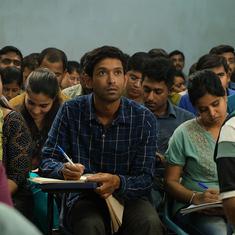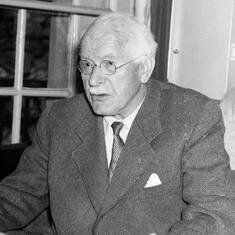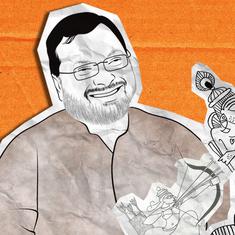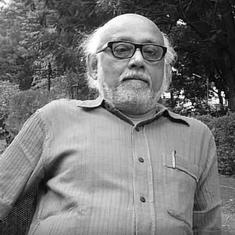That is not all. Within days of the news going national, many students across the country have started discussion forums modelled around, and named after, the de-recognised group in their respective campuses.
The action by IIT-Madras, most students felt, was not because of any violation of the code of conduct but an ideological clash as many Hindutva groups on the same campus thrive unhindered. Some even questioned the human resource development ministry’s notice on the basis of an anonymous complaint, as the move reportedly flouts the guidelines of a Central Vigilance Commission circular, issued in November last year, directing ministries to not act on anonymous/pseudonyms filing complaints.
Social media was quick to show support and IIT-Kanpur students set up a solidarity page against the action on APSC. Others went one step further as a way to show their support and came up with similar forums in their respective institutions to discuss caste.
The word spreads
On the forefront of the solidarity campaign on the social media for APSC was IIT Bombay’s Progressive and Democratic Students Collective which condemned the ban as soon as it happened. The next step was formulating a model group on similar lines and garnering support on the campus to talk about the issues related to caste and social hierarchies in an open forum that's not just restricted to students.
“We want to go beyond students and engage with teachers, policy makers, authorities as well as on campus workers and other important but ignored voices,” said Arpita Biswas, a PhD scholar at the institution and a founding member of Ambedkar Periyar Phule Study Circle, IIT Bombay, which also incorporates the name of social reformer Jyotirao Phule. “It’s going to be a forum for discussions on the socio-political aspects of caste system and its markings in our culture which often go unnoticed.”
The group’s first activity would be to read Ambedkar’s Annihilation of Caste and discuss it in an open forum.
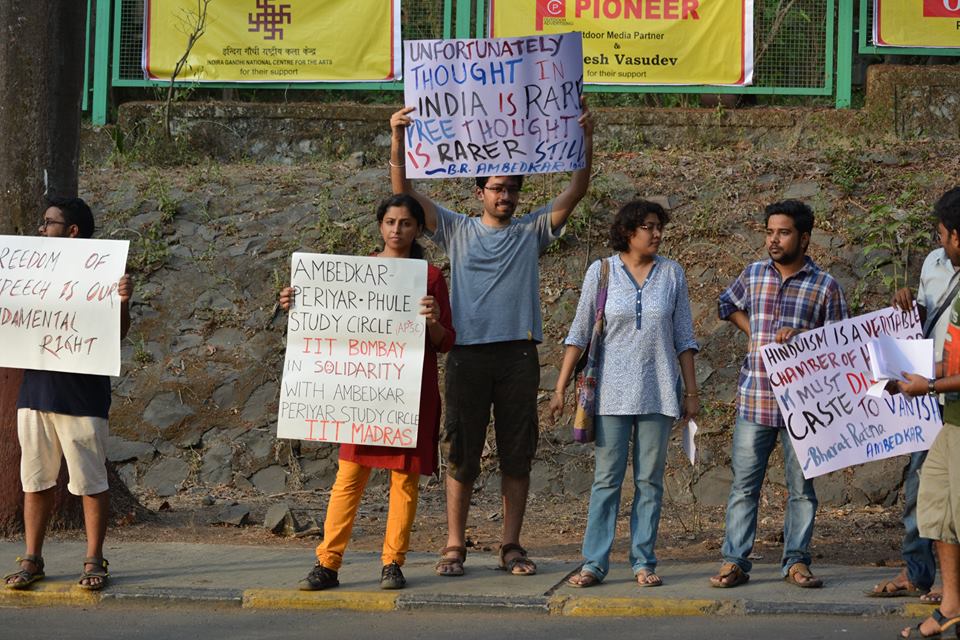
Pictures from the solidarity protest for APSC, Madras
Does the name help their cause? “The name is to express solidarity,” Biswas said. “IIT Madras students have shown the way for the rest of us to take up these issues and speak about it. We were planning to do it for long but now we have the impetus to do it and also stand by them.”
Biswas added that the group will look to get registered with the authorities soon. “We want to get registered and function within the framework,” she said. “However, there’s no guarantee of getting an approval,” she added.
Kolkata and Delhi
On similar lines, Aishik Saha, a student of history at the Jadavpur University started working on a collective by organising some of his friends in the university and soon co-founded the Ambedkar Periyar Society which seeks to "investigate how caste oppression operates in conjunction with other categories like race, class and gender."
Saha believes that caste structure in West Bengal is often misunderstood and the university needed a platform to discuss similar issues. “Solidarity is of no use unless we look at those ideas in our own context,” he said. “Given that Ambedkar or Periyar's views have not been pitched in front of JU students, it may bring about interesting changes to the discourse here.”
So far running informally, and purely online, Saha is hopeful of taking the initiative on ground. “We want to attract more people interested in rational discussions and then move on to build a movement,” he said.
Saha also cited a recent example to explain the unexplored aspects of caste discrimination that he would like the forum to address. “Recently the department of history chose to hike the minimum required marks in English for BA application and students have been protesting, as it disadvantages excellent students from Bengali medium schools,” he said. “While many will try to justify this act, it remains a clear case of discrimination against the economically backward groups, who cannot afford quality English education.”
Meanwhile, two similar eponymous solidarity groups came up in Delhi as well. The one by IIT-Delhi has hardly posted anything on the page and the administrators could not be reached for comment.
The other one is an initiative by Jawaharlal Nehru University in Delhi, which has also got its own APSC chapter in the form of a Facebook page but students are unclear if it's going to be anything beyond a solidarity page, even as many students from the university protested outside the MHRD office against the IIT-Madras’ action on APSC.
“APSC page, JNU, is being updated by someone but nobody is sure if we will form yet another collective,” said a student of political science familiar with the matter, requesting anonymity. “It’s likely that the page remains just that but that does not mean we will stop protesting against basic freedom of speech violations such as these.”


